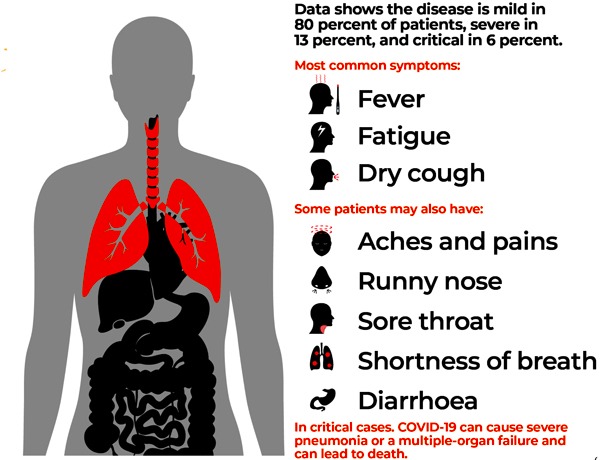
WHILE it is good news that Zimbabwe had as of yesterday recorded five coronavirus (COVID-19) recoveries, the next major battle that we have to deal with is managing stigma attached to the virulent disease.
NewsDay Comment
From the case of Ruwa coronavirus survivor Saul Sakudya in which medical staff would not go near him for fear of infection, it is quite clear that there is a lot of stigma associated with COVID-19, and this may bring even more pain than the virus itself to survivors.
It becomes essential, therefore, to ensure that as part of the campaign against COVID-19, people are made aware of the need to avoid stigma in dealing with those that may be infected.
It also speaks to the need to train even health officials dealing with these cases because stigmatising the infected may lead to stress which can consequently open the door to other health challenges. Stigmatising the infected may have far-reaching consequences. In that particular state, they need more comfort and acceptance given the fear that is associated with the disease, which has killed four people here at home and several thousands in other parts of the world.
The unfortunate thing is that the stigma will not only affect the infected individuals, but their families may as well be shunned by other members of the community for fear of infection.
It is, therefore, imperative to educate entire communities where cases are recorded to ensure that they are well-informed about the disease such that they are able to fully embrace the recovered cases.
It can really break an individual apart when their friends and relatives won’t talk to them anymore just because they had been infected with COVID-19.
- Chamisa under fire over US$120K donation
- Mavhunga puts DeMbare into Chibuku quarterfinals
- Pension funds bet on Cabora Bassa oilfields
- Councils defy govt fire tender directive
Keep Reading
And, as in the case of Sakudya, it is indeed insensitive for community members to refer to the street leading to his house as Corona Road. This shows a high-level of ignorance and insensitivity, which is highly likely to affect people with family members that have been infected and those that have passed away.
This is indeed a serious issue that needs to be dealt with urgently.
Community members bent on ostracising those that were once infected should also bear in mind that as long as COVID-19 is still in our society, no one is safe.
Anyone can be infected, and the way they treat the infected now is possibly the way they will also be treated.











